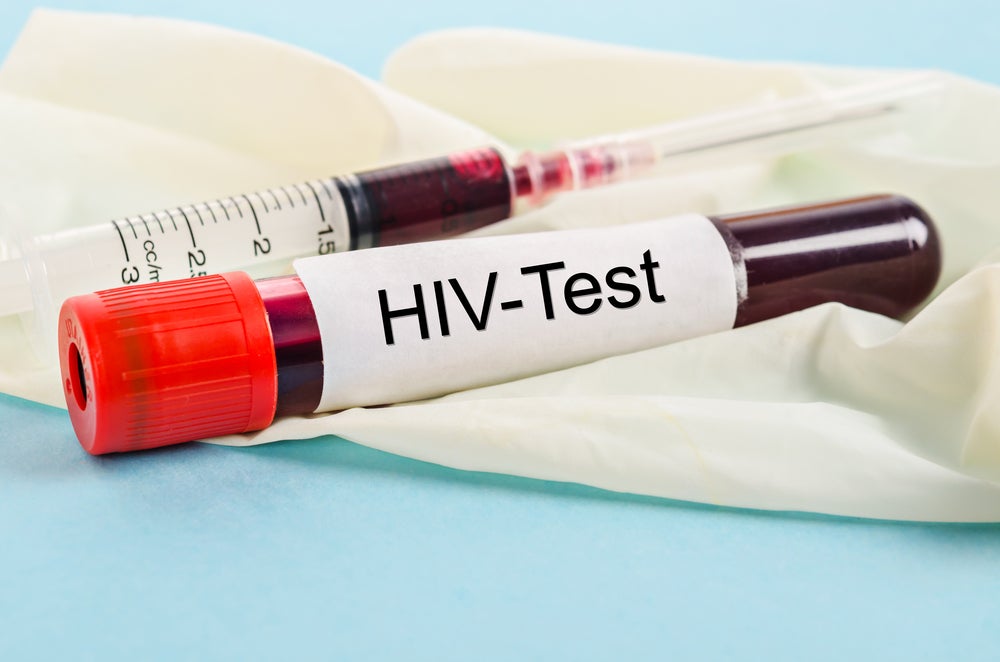HIV is an RNA virus that causes lifelong infection. Symptoms occur within four weeks of exposure and include flu-like symptoms such as fever, fatigue, muscle pain, rash and headache. During the acute stage of infection, HIV destroys CD4+ cells, which allows for the transmission of the virus, opportunistic infection and the eventual development of AIDS [acquired immune deficiency syndrome].
In 2025, HIV and AIDS still have a massive impact on global health. According to the World Health Organization (WHO), 40 million deaths have been attributed to HIV since its discovery. The WHO reported that there were approximately 40 million HIV-positive people in 2023, accounting for 630,000 deaths and 1.3 million incident cases.
HIV infection in the UK is still a major public health concern. GlobalData epidemiologists forecast that the total prevalent cases of HIV in the country will increase steadily from 120,000 cases in 2025 to 122,000 cases in 2033. Minimising the HIV infection risk is therefore very important to reduce this burden.
The National Health Service (NHS) has begun a policy of automatically testing patients for HIV in accident and emergency units in England. This will help to diagnose HIV earlier, prevent transmission and provide appropriate care.
The scheme will be available across England in 2025
NHS England data showed a 40% increase in the detection of blood-borne infections, including HIV, when it was piloted in a limited hospital setting in 2023. NHS England data shows that opt-out testing identified 7,300 cases of blood-borne viruses, including more than 1,000 cases of HIV. After the success of the pilot scheme, patients will now have to opt out if they want to avoid being tested for HIV. NHS CEO Amanda Pritchard stated that the “expansion of this revolutionary opt-out testing” will help in the early detection of “thousands more cases of HIV and hepatitis B and C”. The scheme will be available in almost all areas of England in 2025 and will diagnose cases of blood-borne viruses in people who avoid sexual health clinics. The government is rolling out an expansion of this scheme in 30 new hospitals, which could lead to an additional 2,000 patients receiving early HIV care.
The opt-out scheme is part of a wider public health campaign to end HIV transmission in England by 2030. More than 20,000 self-test and sampling kits will also be made available, and the uptake of tests will be encouraged. The UK prime minister recently had an HIV test live on camera to promote the home testing kits. A YouGov poll in the UK reported that 80% of people were not aware of home testing kits but when informed that the kits were available, 44% of respondents preferred them as an option.

US Tariffs are shifting - will you react or anticipate?
Don’t let policy changes catch you off guard. Stay proactive with real-time data and expert analysis.
By GlobalDataAt-risk populations for HIV include those who inject drugs, children of HIV-positive women, sex workers, institutionalised people such as prisoners, and gender-diverse people. HIV testing targeted at groups that are vulnerable to HIV infection could lead to early diagnosis and a significant improvement in patients’ health.






